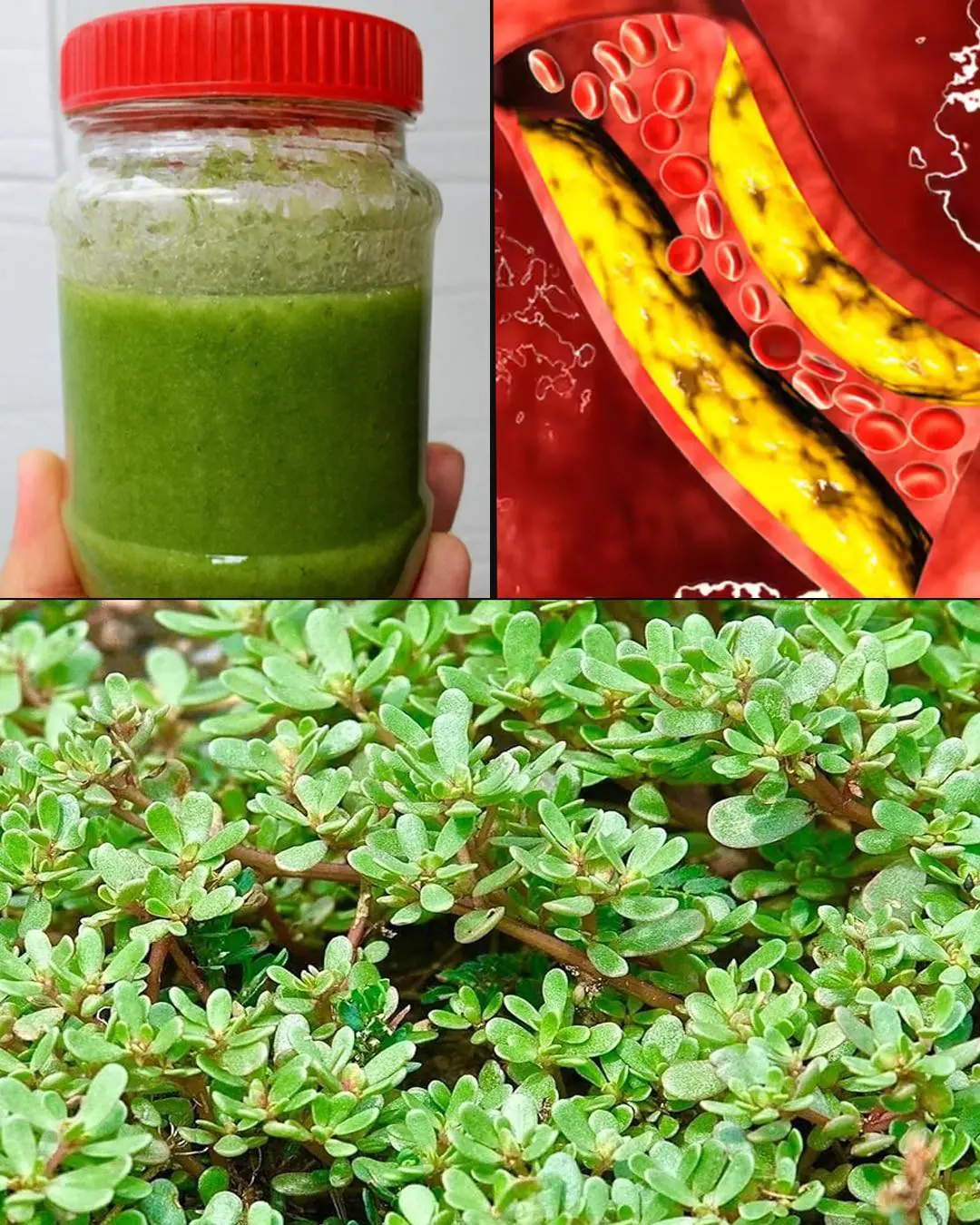
5 Tasty Eating Habits That Could Be Silent Cancer Risks for the Whole Family — Avoid Them Now
Cancer remains one of the leading causes of death in Vietnam and many other countries. According to the World Health Organization (WHO), roughly 30 %–50 % of cancers are potentially preventable through lifestyle changes—particularly via diet and nutrition.
Many households continue to maintain seemingly harmless eating patterns that quietly increase cancer risk. Below are five common habits that families should eliminate or modify immediately to protect health.
1. Over-consumption of processed foods and red meat
Processed foods—such as sausages, bacon, ham, canned meats—and large amounts of red meat (beef, pork, lamb) are among the most widespread dietary risks.
-
Processed meats often contain chemical preservatives like nitrites and nitrates, which can convert into N-nitroso compounds, known carcinogens linked to stomach and colorectal cancers. Thông Tin Công Nghệ Sinh Học Quốc Gia+1
-
The IARC (International Agency for Research on Cancer) classifies processed meat as a Group 1 carcinogen (i.e., carcinogenic to humans) and red meat as Group 2A (probably carcinogenic). Tổ Chức Y Tế Thế Giới+1
-
Studies show that each 50 g per day of processed meat is associated with approximately an 18% increased risk of colorectal (bowel) cancer. iarc.who.int
Recommendation: Limit red meat to no more than about 350–500 g per week, and keep processed meats to a minimum or ideally avoid them altogether. American Institute for Cancer Research
2. Persisting with moldy or spoil-prone food items out of frugality
The intention to avoid waste is understandable, but consuming cereals, peanuts, beans, or rice that are mold-infested (especially with the fungus Aspergillus which produces aflatoxin) can heighten liver cancer risk. Aflatoxin is among the strongest liver-carcinogens known.
Precautions:
-
Do not consume food items with visible mold—even if you cut off the moldy part.
-
Store cereals, beans, nuts in a dry, well-ventilated space, preferably sealed and with low humidity.
-
Discard any foods with musty odors or altered color/texture.
These actions protect not only the individual but everyone at the table.
3. Eating too much salt and consuming large quantities of pickled/fermented vegetables
High intake of salt, pickled foods and fermented vegetables (especially when they are left long or are overly sour) is strongly linked to stomach cancer risk.
-
Diets high in salt can damage the stomach lining, make it more susceptible to carcinogens, and facilitate Helicobacter pylori infection, which is strongly associated with gastric cancer.
-
Additionally, excessive nitrites (arising from poor storage of pickles) can again form N-nitroso compounds in the stomach.
Recommendations: -
Lower the amount of salt in cooking and the use of salty condiments.
-
Limit eating large amounts of pickled/fermented foods, especially those that are very sour, old or showing signs of spoilage.
-
Substitute fresh vegetables and minimally processed sides for heavy salted/pickled dishes.
4. Frequent deep-fried foods cooked at high temperatures and re-using cooking oil
Delicious though they may be, deep-fried foods and repeatedly used cooking oil carry hidden risks for DNA damage and cancer.
-
When foods are fried at high temperatures (above ~180°C) or cooked repeatedly in the same oil, harmful compounds such as acrylamide, oxidation products, and free radicals can form, increasing cellular damage.
-
These compounds may initiate or promote carcinogenesis.
Tips: -
Prioritise cooking methods such as steaming, boiling, slow-roasting or light sauteing rather than deep-frying.
-
Avoid re-using oil multiple times; use fresh oil for each cooking session when possible.
-
Choose healthier oils (e.g., olive, sunflower) and avoid burning oil or overheated cooking.
5. High consumption of sugary drinks and sweetened beverages
Sweet beverages and sugary drinks may seem harmless or simply enjoyable, but research is increasingly showing links to cancer risk beyond just weight gain.
-
A large French prospective cohort study found that a 100 mL/day increase in consumption of sugary drinks (soft drinks and 100% fruit juices) was associated with an 18% increased risk of overall cancer and a 22% increased risk of breast cancer. bmj.com+1
-
Sugary drinks contribute to obesity, chronic inflammation and elevated insulin levels—factors known to increase the risk of many cancers (the U.S. National Cancer Institute lists obesity as a risk factor for at least 13 types of cancer).
What you can do: -
Replace sugary drinks with water, herbal teas (unsweetened) or freshly prepared fruit water.
-
Limit added sugar intake: e.g., less than ~25 g/day for women and ~36 g/day for men (per American Heart Association recommendation).
-
Educate family members—especially children and adolescents—on the hidden risks of frequent sweet-drink consumption.
✅ Summary & Key Actions
These five habits may seem harmless, are often part of everyday life, but collectively they can substantially raise cancer risk for the whole family. The good news: many of these risks are modifiable through changes in diet and eating behaviour—so prevention is powerful.
Key Takeaways:
-
Prioritise fresh, minimally processed foods, plenty of vegetables, fruit, and whole grains.
-
Limit red meat and especially processed meat; opt for fish, poultry, legumes and plant proteins when possible.
-
Avoid keeping or consuming foods that are moldy, over-salted or badly stored.
-
Choose cooking methods that minimise harmful chemical formation (e.g., steaming vs deep-frying).
-
Replace sugary drinks with healthier beverage choices and monitor sugar intake.
“A healthy diet is good for heart health and for cancer prevention,” notes leading oncologists.
By recognising and changing these five common habits, you help safeguard your family’s long-term health.
News in the same category

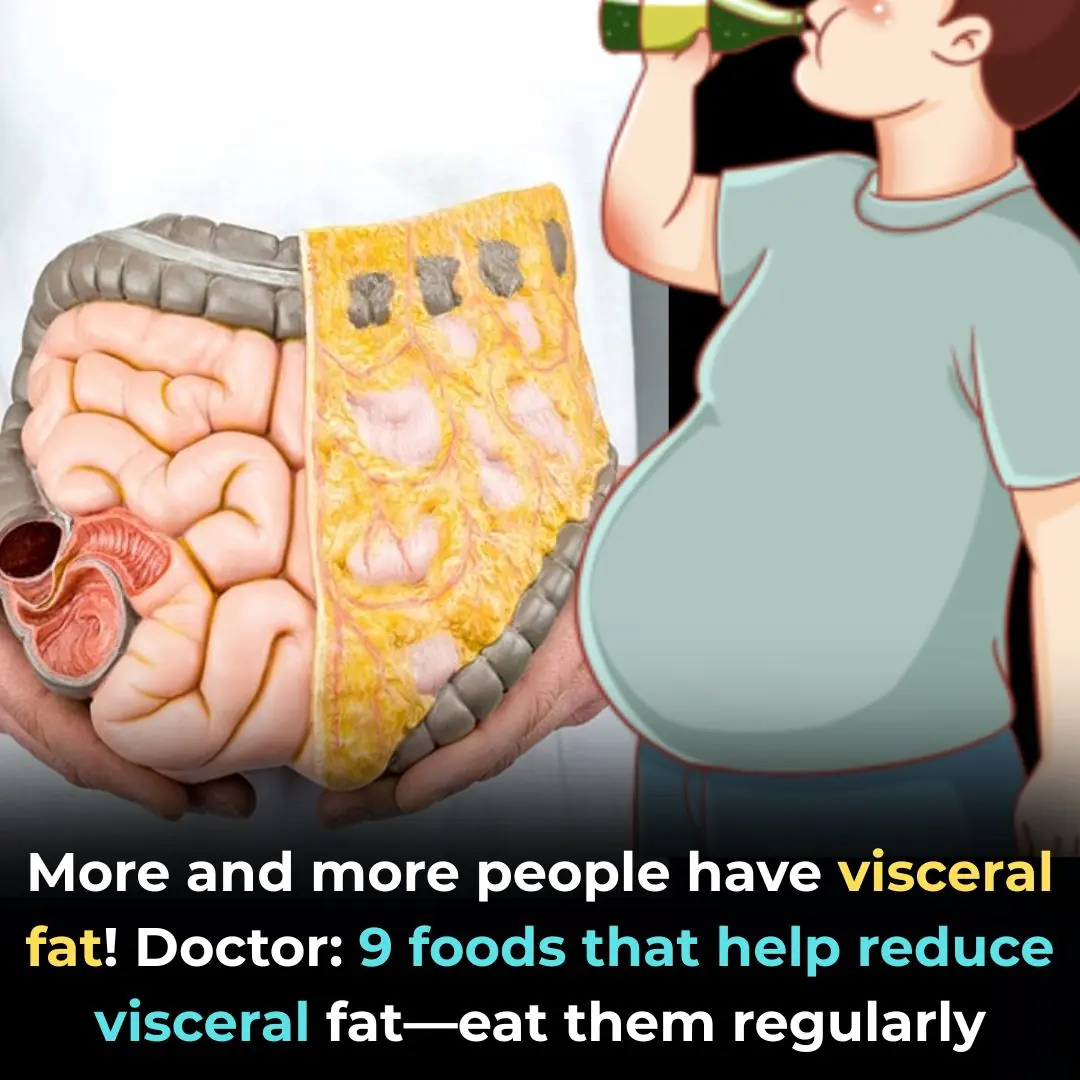
Growing Concern Over Visceral Fat — Doctors Recommend 9 Foods to Help Burn It Naturally

‘This Is An Opportunity For You To Get Some Portal Film’ | Deion Sanders’ Ruthless Scrimmage Urging Bench Players To Transfer Angers Fans

Texas Cheerleader Jumps Off Homecoming Float To Save Choking Toddler

Meet Andrea Walls, the Artist Preserving Black Stories Through Photography
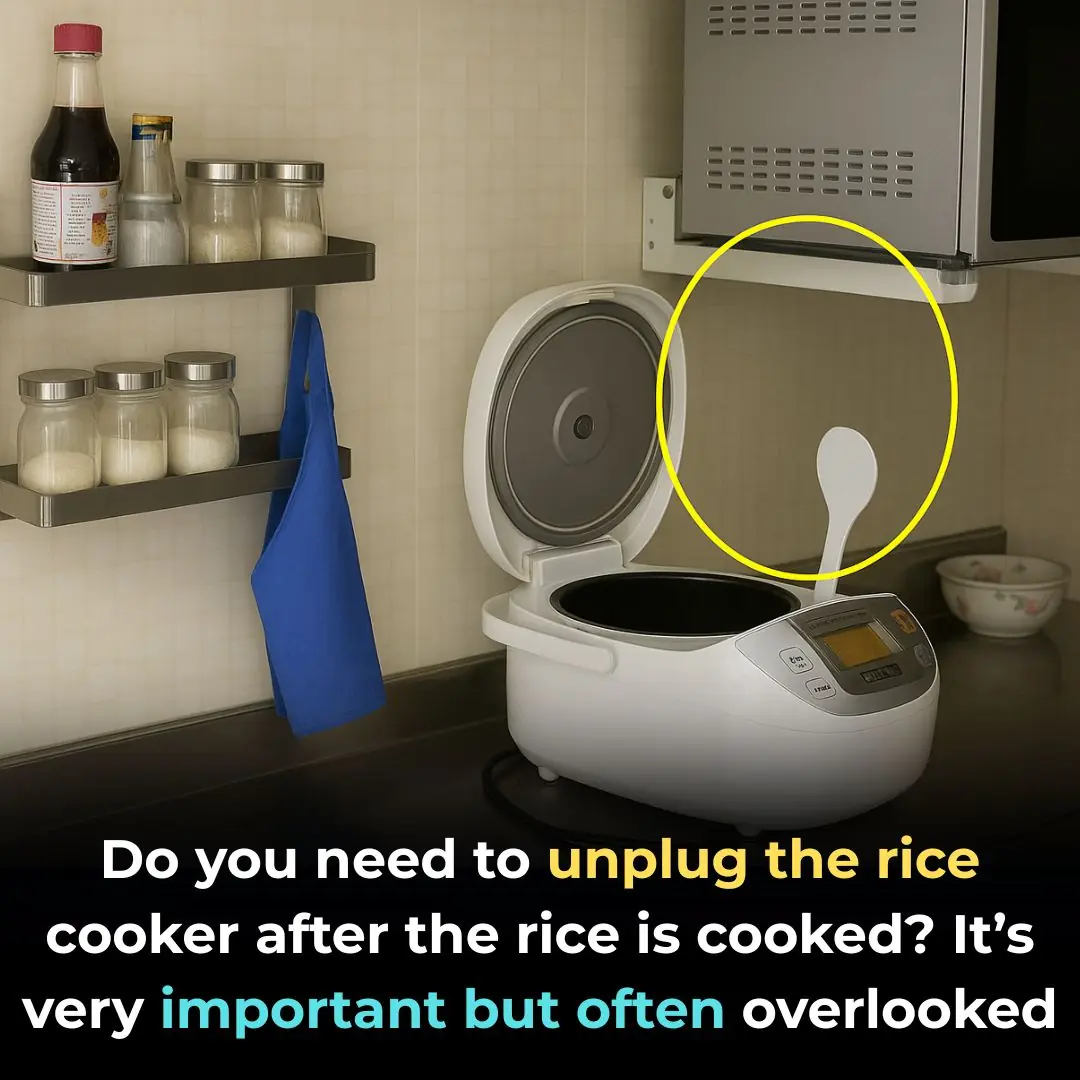
Do You Need to Unplug Your Rice Cooker After the Rice Is Done?
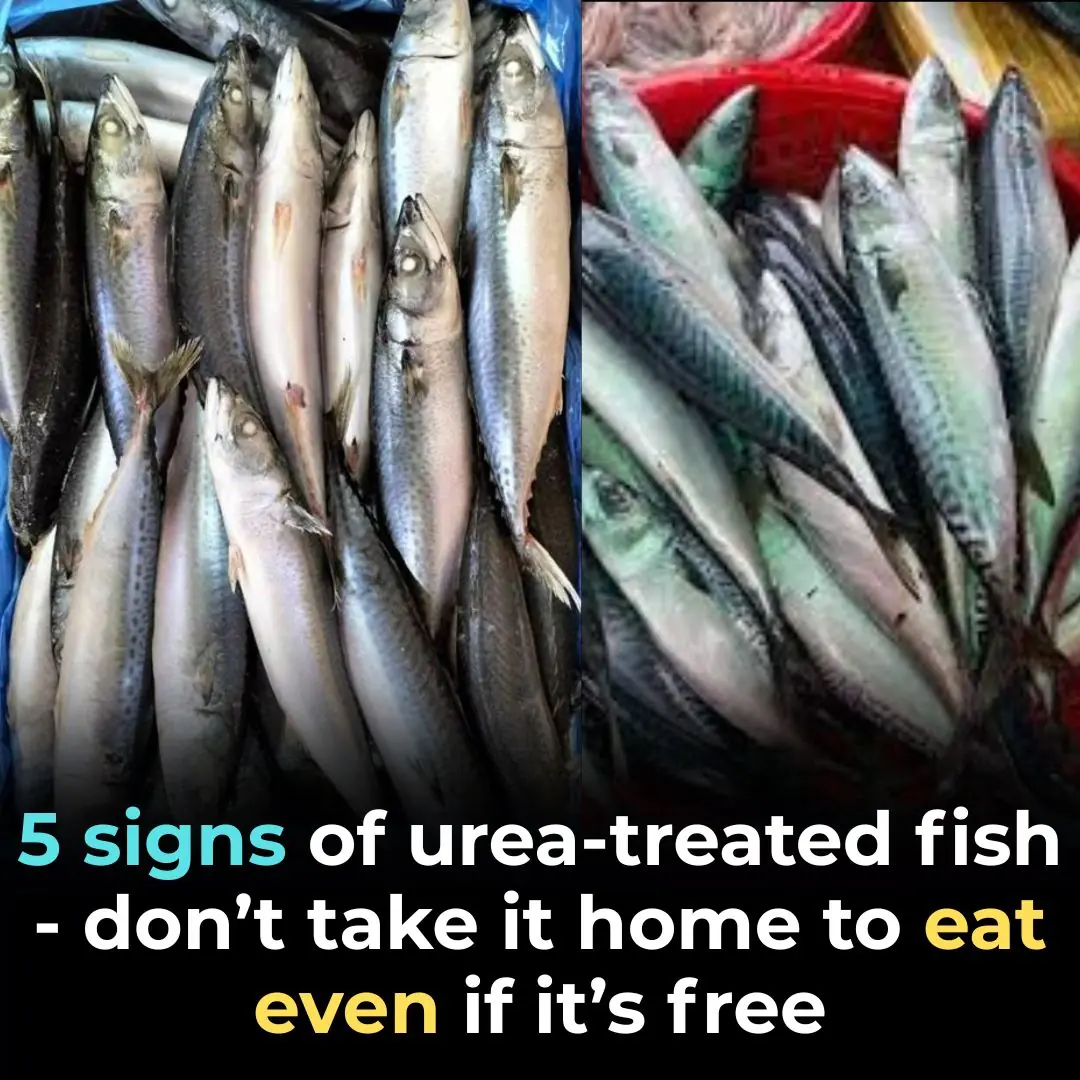
5 Warning Signs of Fish Preserved with Urea – Don’t Take It Home Even If It’s Free
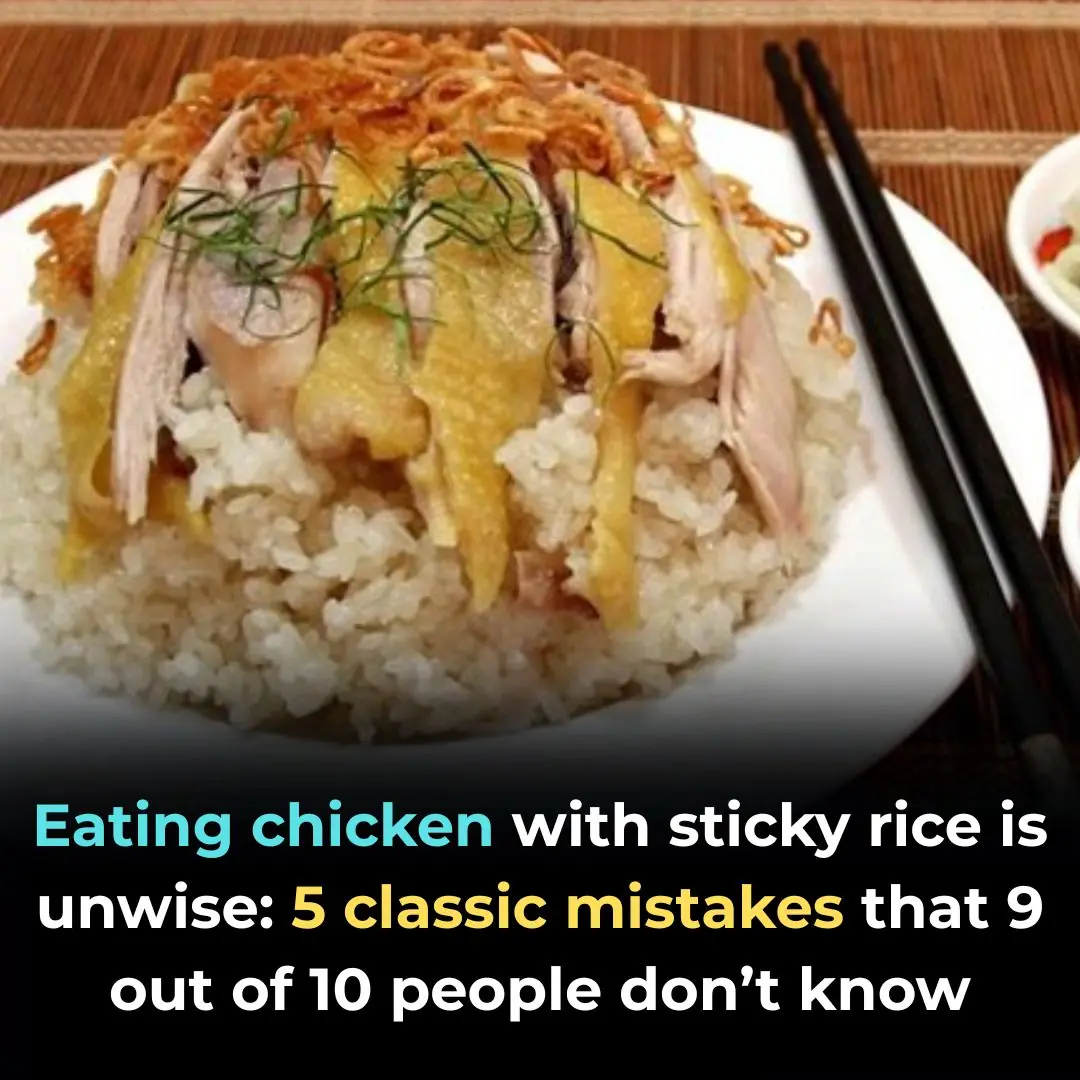
Eating Chicken with Sticky Rice Is a Mistake: 5 Classic Food-Combining Errors That 9 out of 10 People Don’t Know
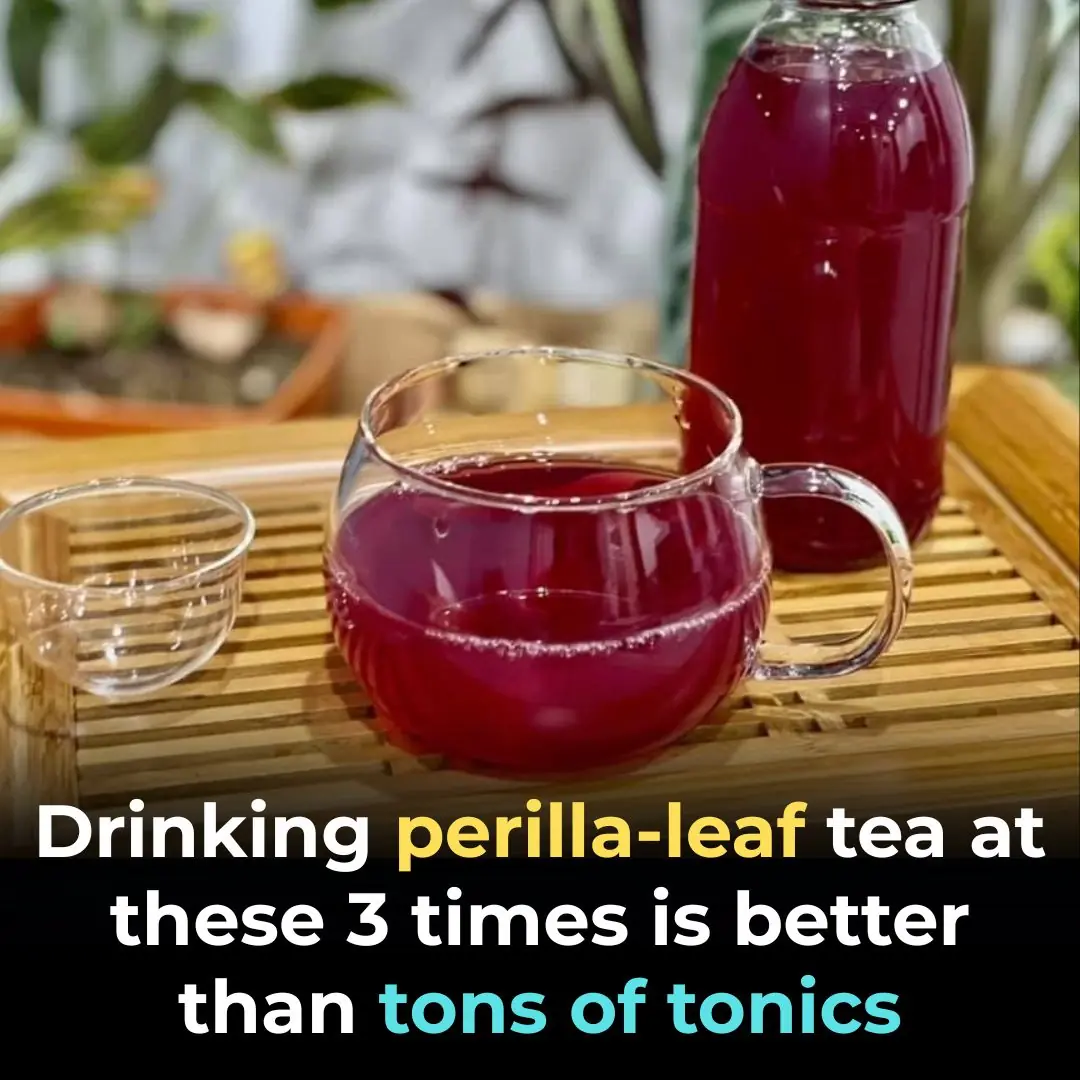
Three Optimal Times to Drink Perilla Leaf (Lá Tía Tô) Tea—And Most People Don’t Know Them

Single Dad Adopts 5 Siblings Under The Age Of Six So They Can Stay Together

21 Year Old Hotel Employee Who Managed 90 Guests Alone During Tropical Storm Is Gifted New Car

Texas Southern University Debate Team Wins 5th World Championship Title

Meet Faith Couch, the Photographer Transforming the Way We See Black Love

People mind-blown by futuristic 'doll house' neighborhood in China home to over 1,000 units

Incredible story of teen who survived 49 days lost at sea on floating fish trap

YouTuber uncovers hidden city under water that's been missing for almost 100 years

'Zombie' volcano believed to be extinct for 710,000 years now showing signs of life
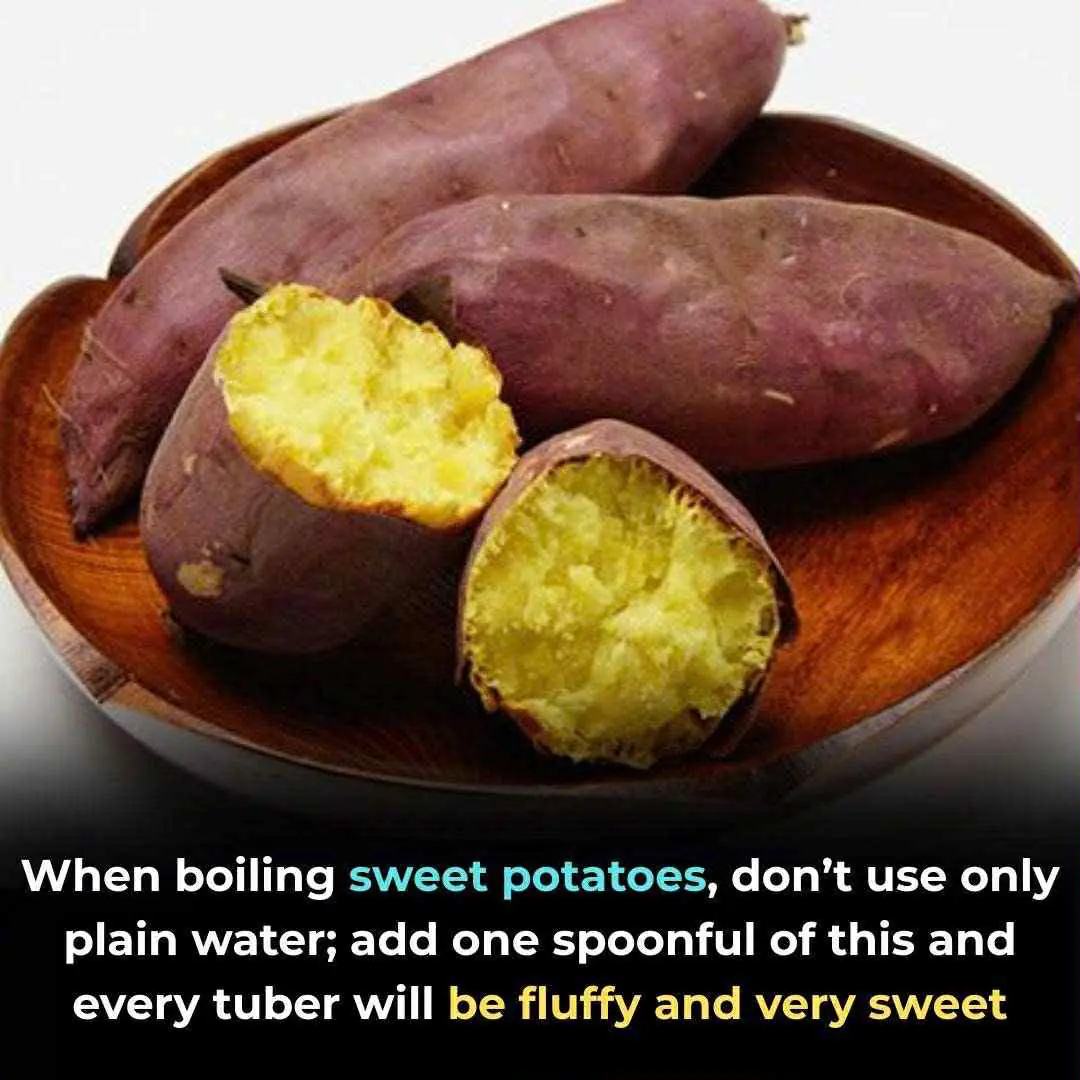
The Secret to Perfectly Sweet and Fluffy Boiled Sweet Potatoes: Add Just One Spoon of This!
News Post

4 types of ornamental plants that easily cause allergies and poisoning in children, parents should consider before planting
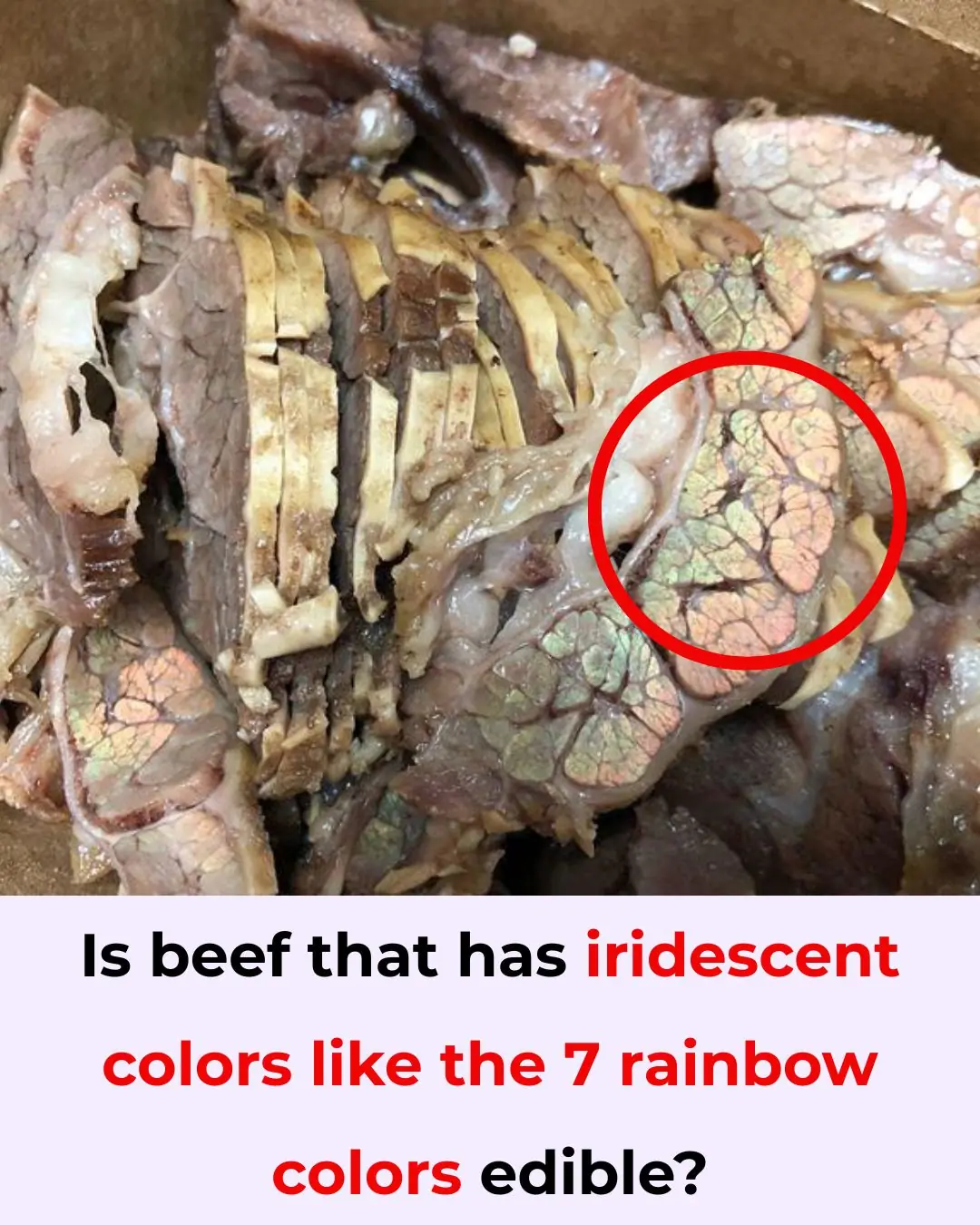
Is beef that has iridescent colors like the 7 rainbow colors edible?

🚽 How to Remove Limescale Stains from Your Toilet Bowl — Naturally & Without Harsh Chemicals
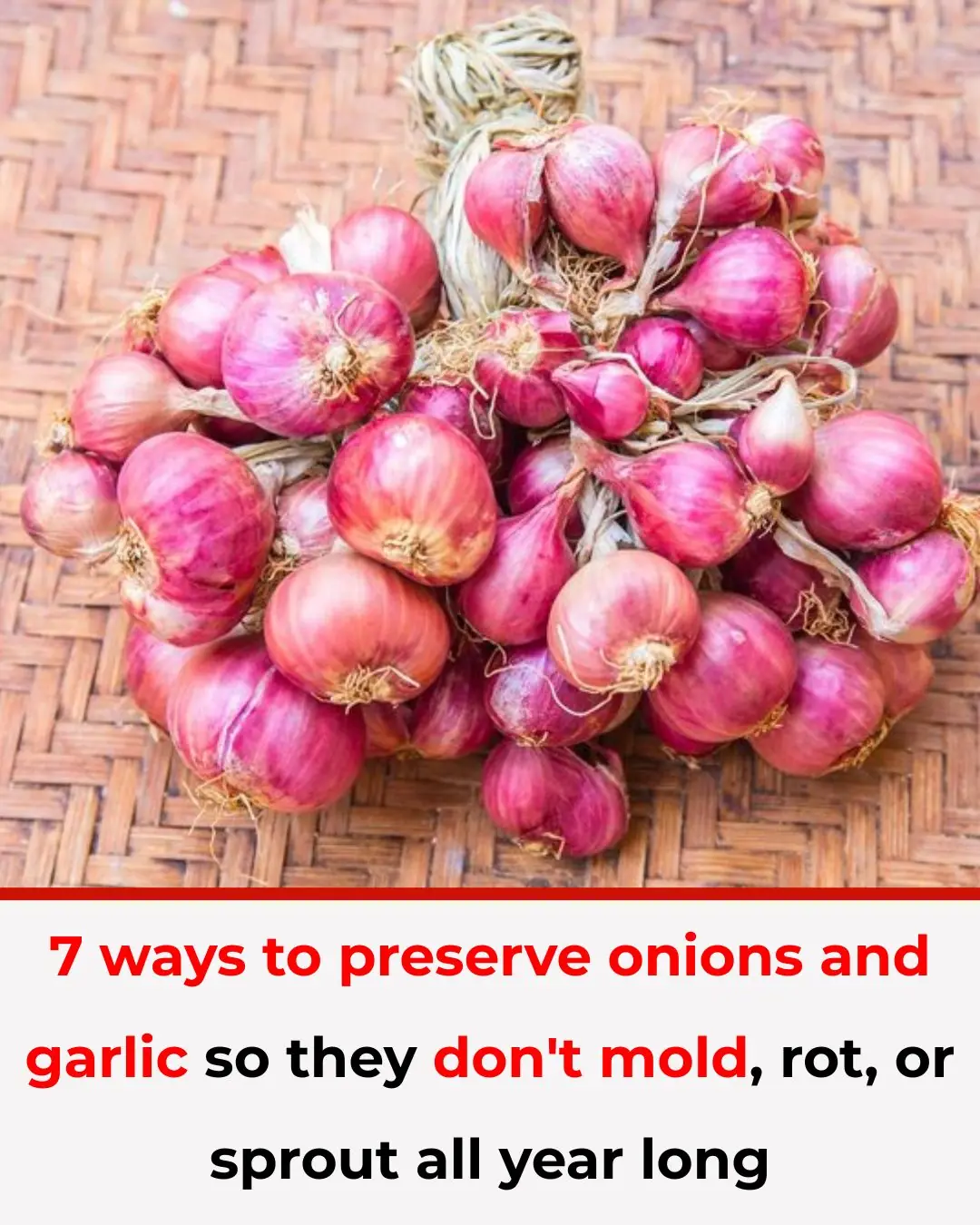
7 ways to preserve onions and garlic so they don't mold, rot, or sprout all year long
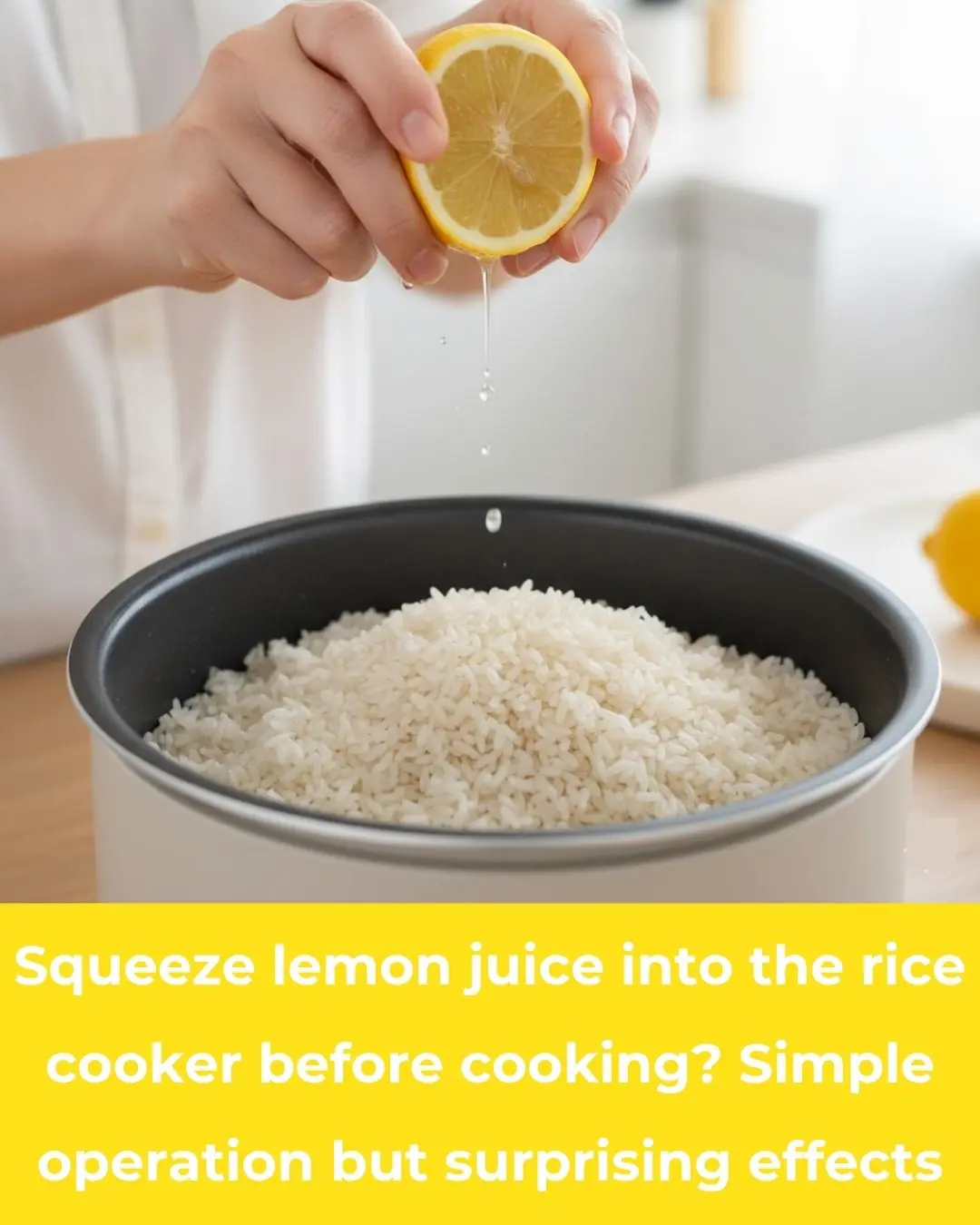
Squeeze lemon juice into the rice cooker before cooking? Simple operation but surprising effects
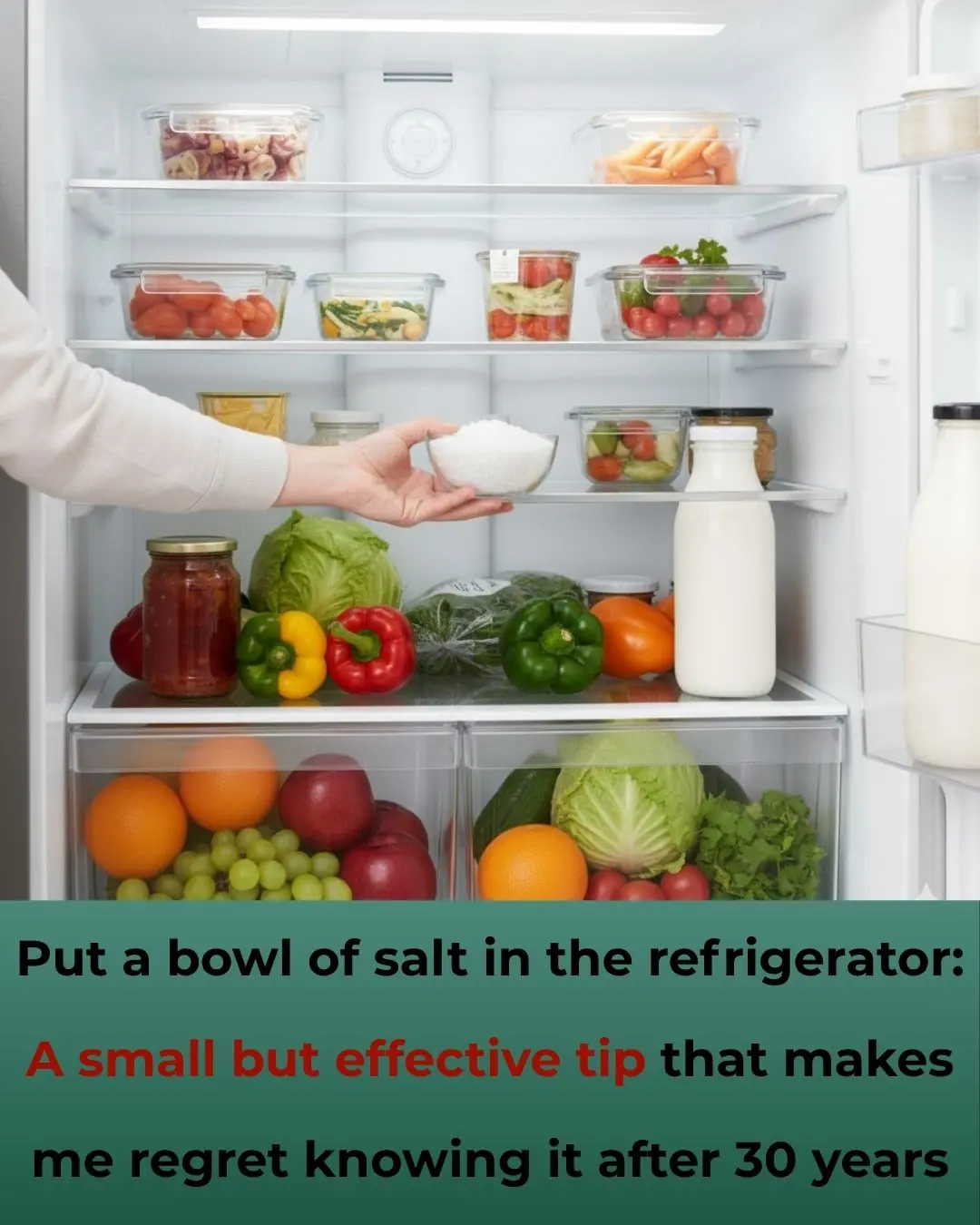
Put a bowl of salt in the refrigerator: A small but effective tip that makes me regret knowing it after 30 years

Most Attractive Hobby a Man Can Have According to Women

The Hidden Power of the Hole in Your Kitchen Knife — 7+ Surprising Uses You Probably Didn't Know
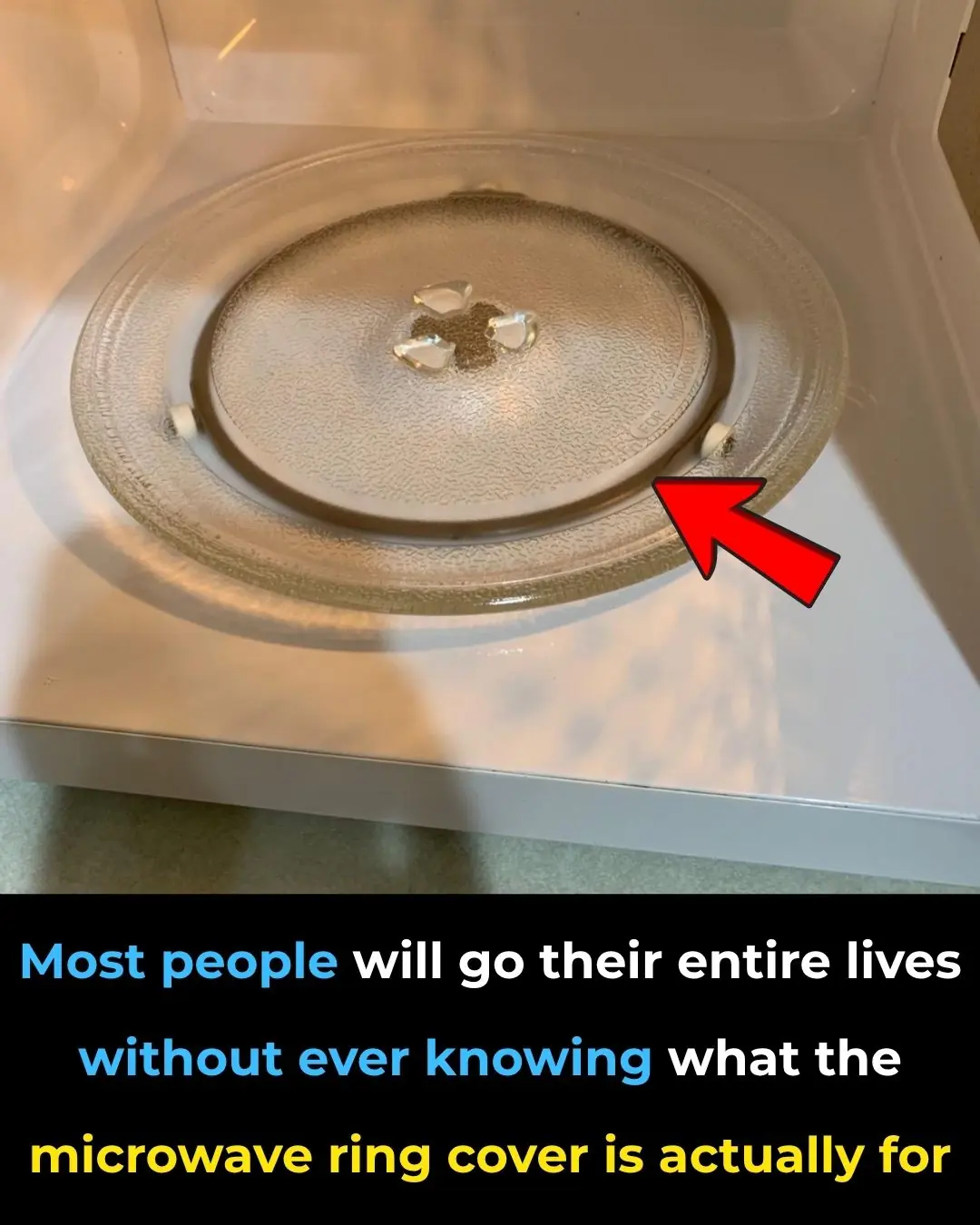
Most people will go their entire lives without ever knowing what the microwave ring cover is actually for

10 Morning Habits That Are Surprisingly Harmful to Your Health
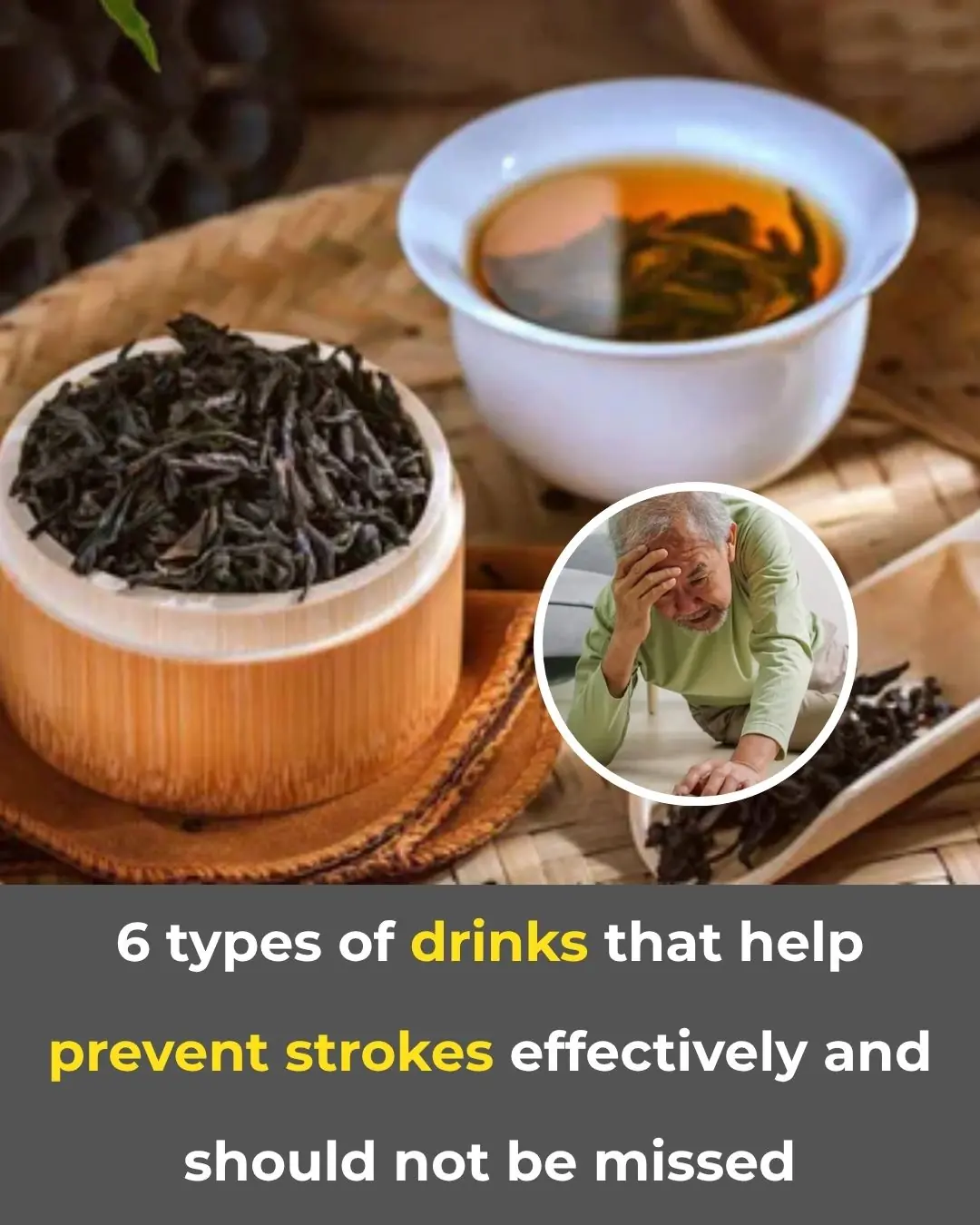
6 Effective Drinks to Help Prevent Stroke – Don’t Overlook These Choices
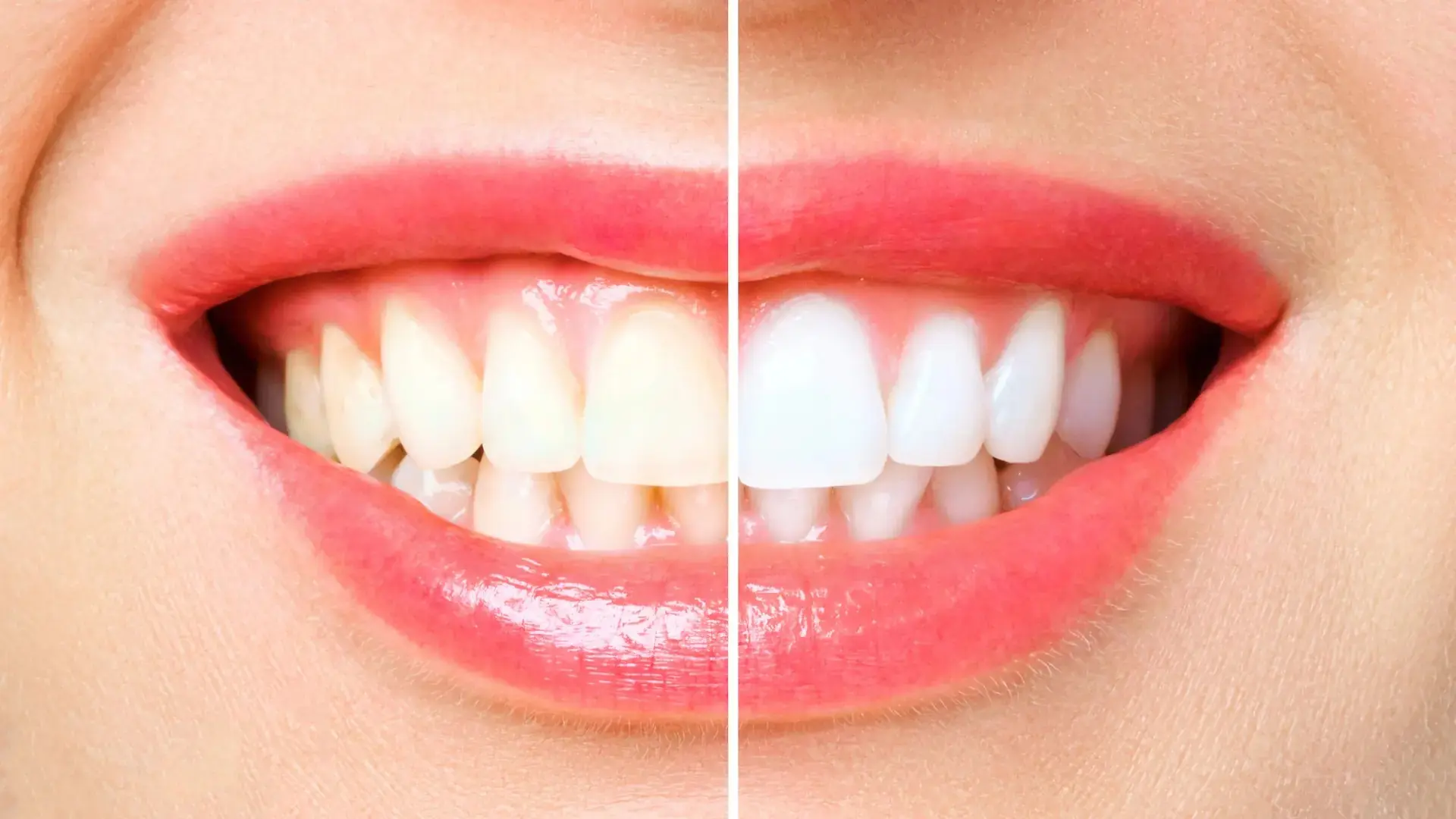
DENTISTS HATE HOW SIMPLE THIS TEETH WHITENING HACK IS
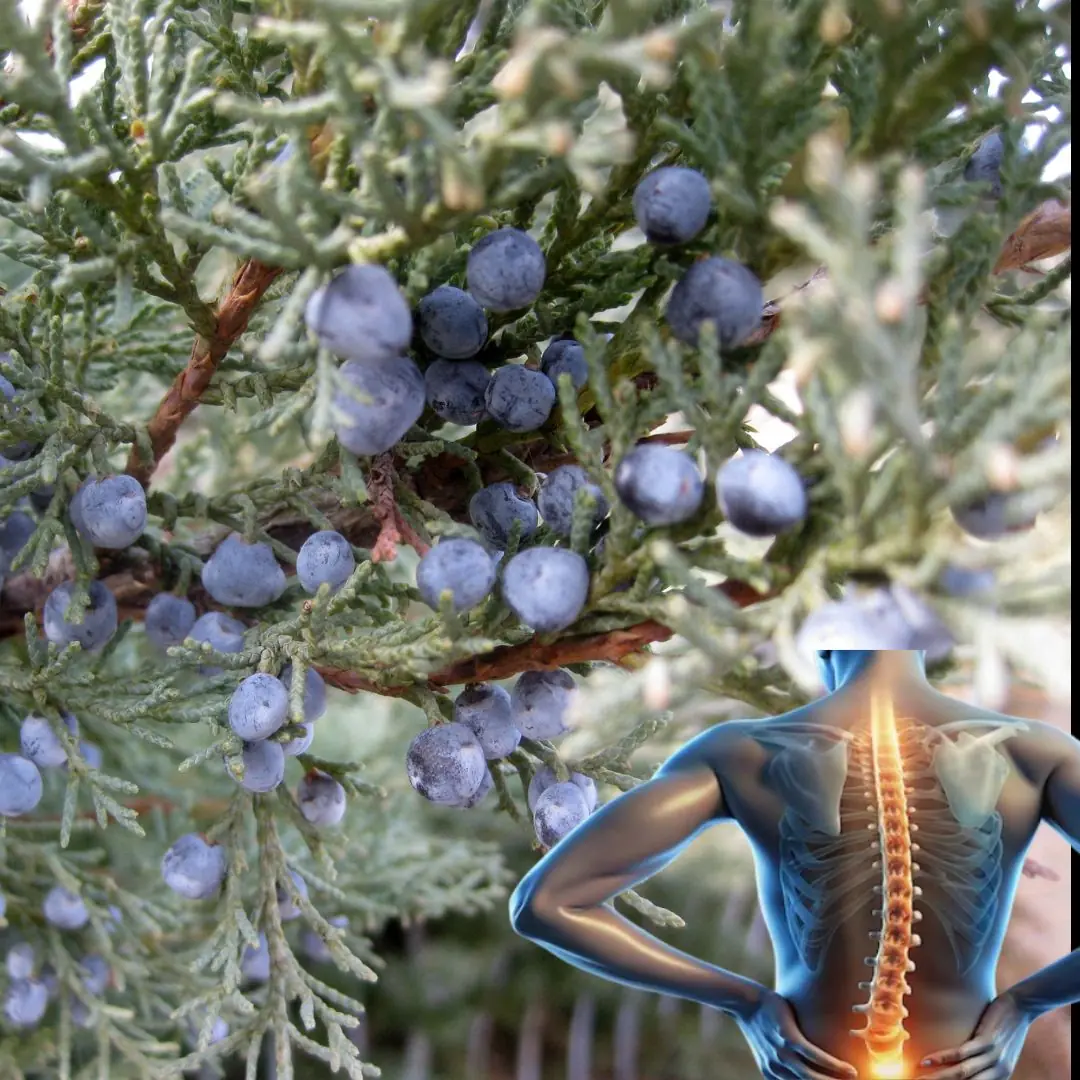
Juniper: A Comprehensive Guide to Its Benefits and Uses
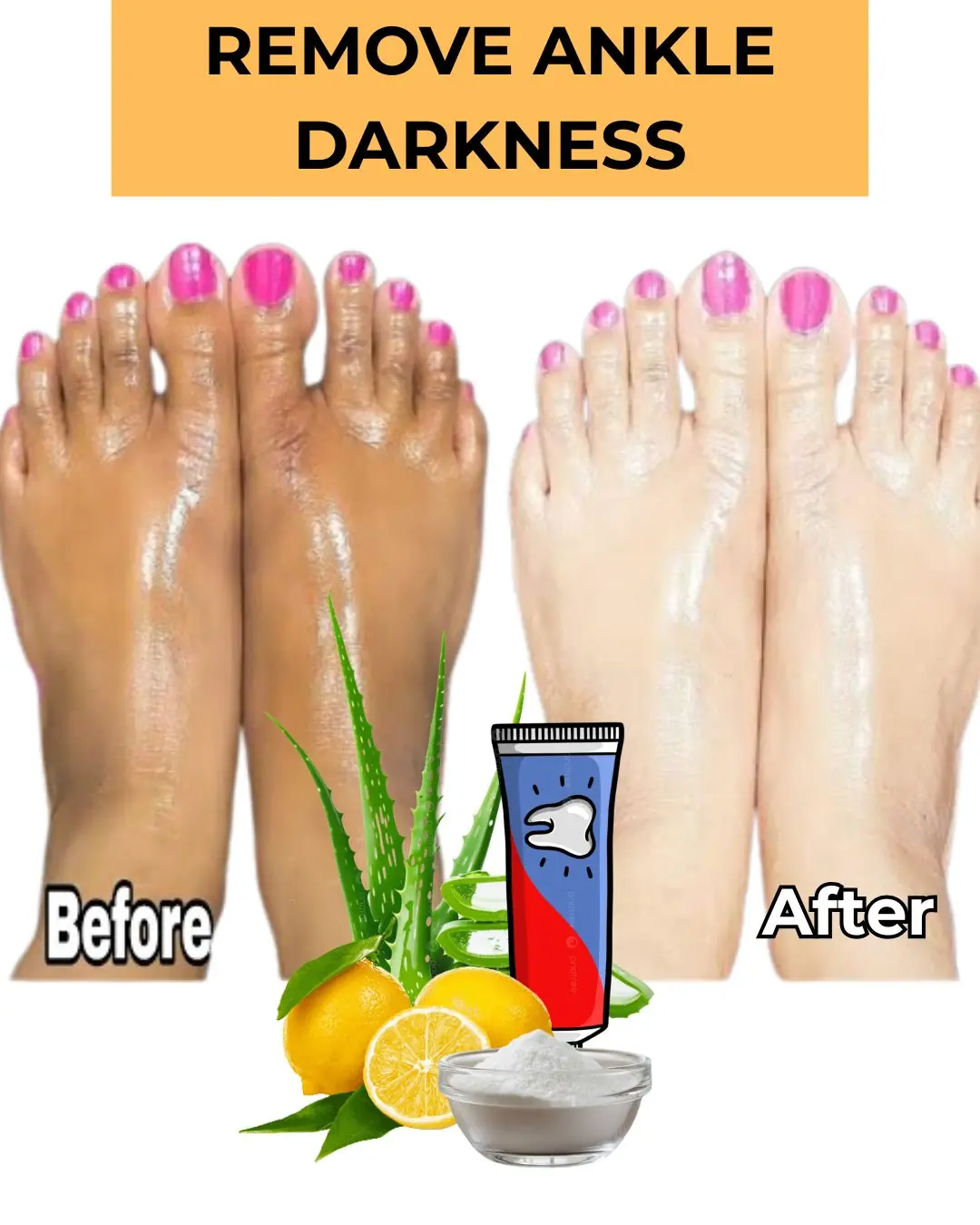
Unveil Colgate’s Secret for Silky-Smooth Feet
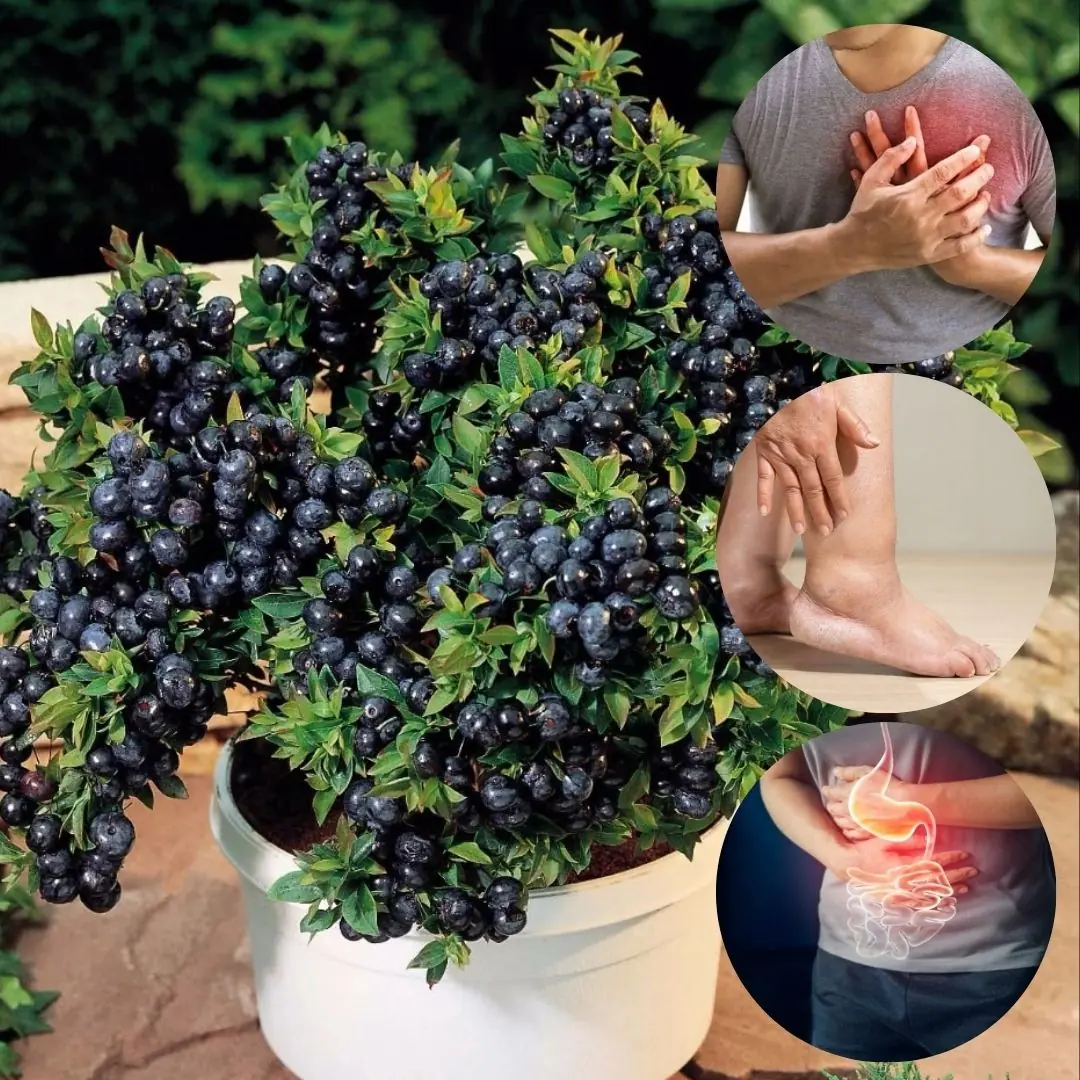
Evergreen Huckleberry (Vaccinium ovatum) – Benefits, Uses, and Growing Guide

A 3-Year-Old Boy Got Super Glue in His Eye — His Mother’s “Golden 30 Seconds” Saved His Sight

Growing Concern Over Visceral Fat — Doctors Recommend 9 Foods to Help Burn It Naturally
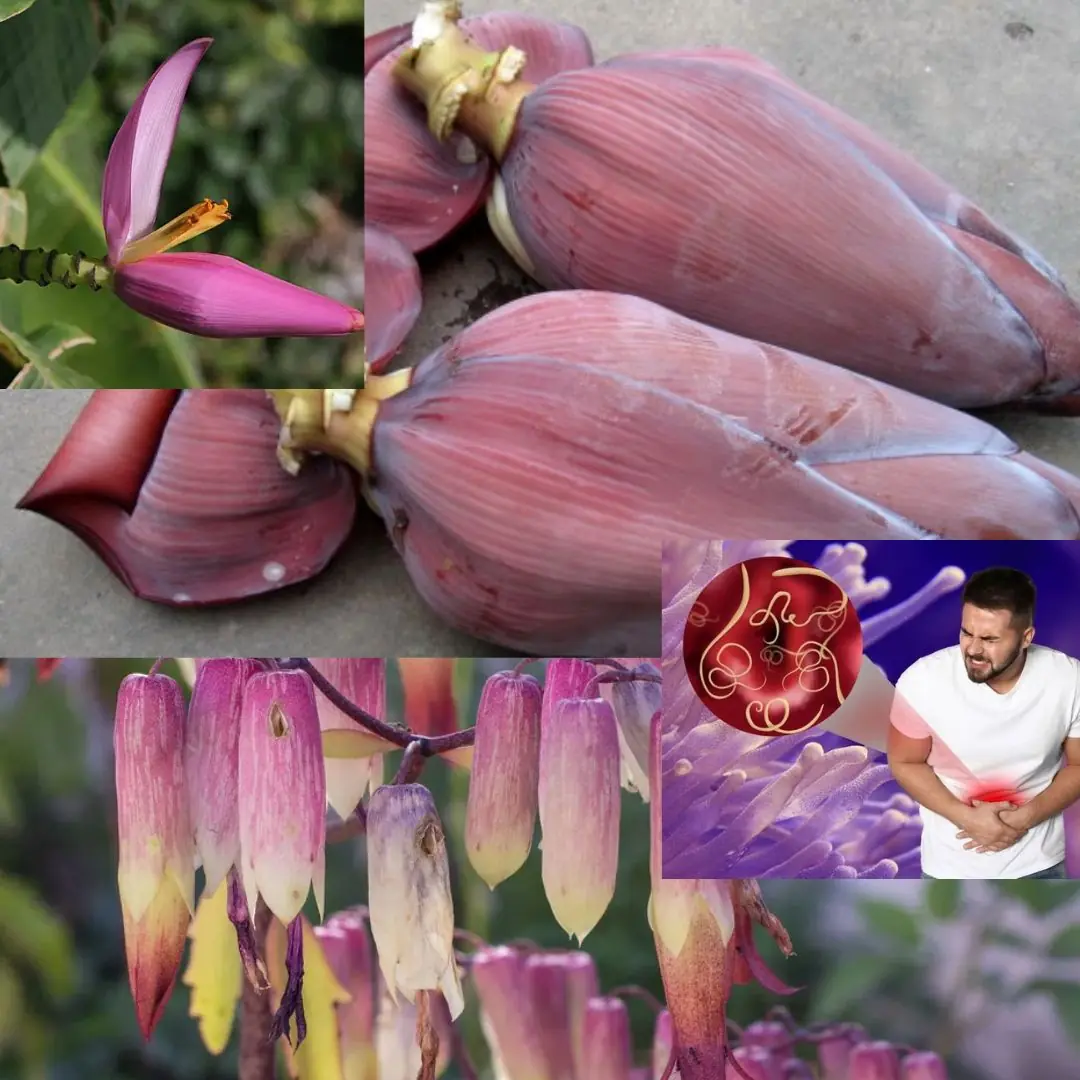
7 Amazing Health Benefits of Banana Blossoms
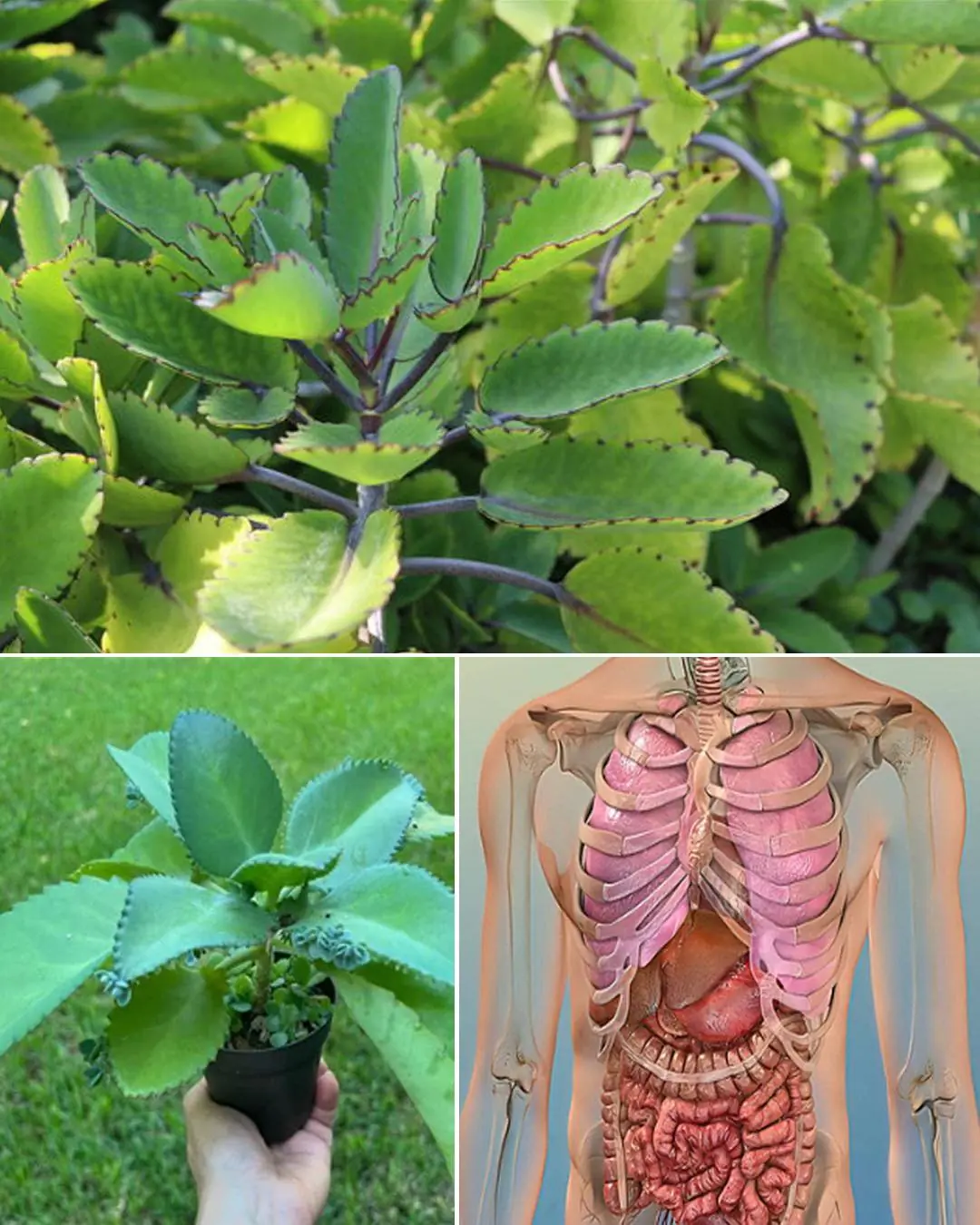
Bryophyllum Calycinum (Kalanchoe Pinnata): Benefits and Uses
